![Influencer Marketing Examples By Indian Brands Influencer Marketing Examples By Indian Brands]()
Why Influencer Marketing Works in India?
Influencer marketing works in India because it taps into the personal connections and trust influencers have built with their followers. Indian consumers, known for valuing word-of-mouth recommendations, often see influencers as relatable and credible sources of information. With over 500 million social media users, influencers can reach diverse and niche audiences across platforms like Instagram, YouTube, and Facebook. Influencers' ability to create authentic, engaging content resonates with Indian audiences, making brand promotions feel more genuine. This leads to higher engagement, stronger brand affinity, and more effective marketing outcomes compared to traditional advertising methods.
7 Best Influencer Marketing Examples in India
Brands across various sectors such as beauty, food, tech, and more have used influencers to create successful marketing campaigns. Below are seven popular examples of how Indian brands have used influencer marketing to promote their products and services.
1. Nykaa – Beauty Influencers for Product Launches
Nykaa, a leading beauty and personal care e-commerce platform, has consistently collaborated with influencers to promote its wide range of products. Influencers from the beauty and lifestyle space play a significant role in Nykaa’s marketing campaigns, especially during product launches.
Nykaa taps into both macro and micro-influencers, leveraging their reach and connection with followers to showcase new products. For example, when Nykaa launched its own line of makeup products, they collaborated with popular beauty influencers like Debasree Banerjee and Shreya Jain, who reviewed and demonstrated the products on their social media platforms. These influencers created tutorial videos, beauty hacks, and honest reviews, which helped potential buyers make informed purchasing decisions.
Nykaa’s approach to influencer marketing has helped the brand build credibility and maintain its position as a trusted source for beauty products in India. By partnering with influencers who have a strong connection with their followers, Nykaa effectively reaches a vast audience and drives engagement through authentic, relatable content.
Do You Want an Influencer to Promote Your Brand As Nykaa Did?![Collaborate with Top Influencers.png]()
2. Mamaearth – Micro-Influencers and Mommy Bloggers
![Mamaearth Ad Mamaearth Ad]()
Mamaearth, a brand that emphasizes eco-friendly, toxin-free personal care products, has built its brand largely through influencer marketing. They strategically focus on micro-influencers, especially mommy bloggers, to reach their target demographic—parents looking for safe, natural products for their families.
Mamaearth’s collaborations with celebrity influencers like Harpreet Suri (MomWearsPrada) and Neha Dhupia highlight their commitment to providing chemical-free solutions for babies and parents. These influencers share personal stories, product reviews, and tips on using Mamaearth’s products, making the brand appear more relatable and trustworthy.
By using micro-influencers, Mamaearth benefits from highly engaged, niche audiences who trust the opinions of the influencers they follow. This targeted approach has helped the brand rapidly grow and become a household name in the personal care industry.
3. Zomato – Food Bloggers and Instagram Influencers
![]()
Zomato, one of India’s most popular food delivery apps, has consistently utilized influencer marketing to increase app downloads and drive engagement. Zomato has collaborated with food bloggers and Instagram influencers to promote their delivery service and encourage users to try new restaurants.
For example, during the pandemic, Zomato launched campaigns with influencers like Kusha Kapila and Viraj Ghelani, where they humorously showcased the convenience of ordering food online. These influencers created relatable, fun content around food cravings and the ease of using Zomato, which resonated with a large audience.
Zomato’s ability to partner with influencers who reflect its brand personality—quirky, humorous, and engaging—has helped it maintain a strong presence in the competitive food delivery market.
4. Vivo India – Bollywood Stars and Tech Influencers
![Vivo Vivo]()
Smartphone brand Vivo India has effectively utilized influencer marketing by collaborating with Bollywood stars and tech influencers. Their campaigns are designed to promote new smartphone launches and showcase the brand’s latest technology and features.
For example, Vivo collaborated with Ranveer Singh for the launch of the Vivo V19 smartphone. Ranveer’s massive fan base and charismatic persona helped generate excitement and buzz around the product. The brand also worked with tech influencers like Geeky Ranjit and Tech Burner to create detailed reviews and unboxing videos, highlighting the phone’s features in a more technical and informative way.
By blending Bollywood’s star power with the credibility of tech influencers, Vivo ensures that its marketing campaigns appeal to both mainstream audiences and tech enthusiasts, creating widespread awareness and driving sales.
Do You Want an Influencer to Promote Your Brand As Vivo Did?
![Collaborate with Top Influencers.png]()
5. Tata Tea (Jaago Re) – Social Awareness Campaigns with Influencers
![]()
Tata Tea’s Jaago Re campaign is one of the most notable examples of how brands can use influencer marketing to promote social awareness. The campaign encourages people to “wake up” and take action on important social issues. Tata Tea has partnered with influencers and celebrities to spread these messages across platforms.
In one of their campaigns, Tata Tea collaborated with celebrities like Radhika Apte and Ayushmann Khurrana to talk about gender inequality and other pressing societal topics. These celebrity influencers created conversations around these issues, urging their followers to take a stand.
By leveraging influencers who have a strong voice and a large following, Tata Tea not only promotes its product but also establishes itself as a socially responsible brand. This influencer-driven approach helps the brand connect with its audience on a deeper, more meaningful level.
6. Lays India – #SmileDekeDekho Campaign
![]()
Lays India took influencer marketing to the next level with its #SmileDekeDekho campaign, which featured popular Bollywood stars and social media influencers. The campaign focused on spreading smiles, with Lays launching new packaging that displayed a wide variety of smile designs.
To amplify the campaign, Lays collaborated with celebrity influencers like Alia Bhatt and Ranbir Kapoor, who shared their smile packs on social media. The brand also worked with numerous micro-influencers who encouraged their followers to post pictures with their smile packs using the campaign hashtag.
This influencer-driven campaign went viral, creating a wave of user-generated content and brand engagement. Lays effectively combined celebrity appeal with the reach of social media influencers, making the campaign a massive success.
7. Coca-Cola India – Regional Influencers for Hyperlocal Campaigns
![R.Ashwin Coca Cola Ad R.Ashwin Coca Cola Ad]()
Coca-Cola India has embraced the use of regional influencers to tap into hyperlocal markets. Coca-Cola’s marketing strategy involves working with influencers who speak different regional languages and resonate with local audiences.
For example, in South India, Coca-Cola partnered with celebrity influencers like R.Ashwin and Pallavi Gowda, who have a strong presence in the Tamil and Kannada-speaking communities. These influencers created content that connected with local traditions and lifestyles, while promoting Coca-Cola as a beverage choice for every occasion.
By focusing on regional influencers, Coca-Cola reaches diverse audiences across India, adapting its global brand image to local tastes and preferences. This localized approach to influencer marketing has helped the brand stay relevant in a culturally diverse market like India.
These seven social media influencer marketing examples illustrate the range of approaches that Indian brands have taken to collaborate with influencers—from micro-influencers in niche markets to major Bollywood celebrities. The success of these campaigns highlights the importance of selecting the right influencers who align with your brand and resonate with your target audience.
As influencer marketing continues to grow in India, more brands are recognizing its potential to not only drive sales but also build deeper, more authentic connections with consumers. Use these influencer marketing campaign examples as a source for inspiration to start your influencer marketing journey!
Do You Want To Get Influencers to Promote Your Brand?
Do you want to boost your brand’s visibility and reach new customers through influencer marketing? Partnering with the right influencers can grow your brand, drive engagement, and increase sales.
Whether you're looking for macro-influencers with massive followings or niche micro-influencers for targeted campaigns, we can help you connect with the perfect talent.
Get started today by reaching out to our team, and let’s craft an influencer marketing strategy tailored to your brand’s needs.
Don’t miss out on the power of influencer partnerships, take action now and grow your brand with the right influencers!
![get-top-influencers.png]()
![birthday occasion]() Birthday Gifts
Birthday Gifts
![anniversary occasion]() Anniversary Gifts
Anniversary Gifts
![women]() Women
Women
![men]() Men
Men
![Couples]() Couples
Couples
![Couples]() Wedding Gifts
Wedding Gifts

 Birthday Gifts
Birthday Gifts
 Women
Women
 Men
Men
 Anniversary Gifts
Anniversary Gifts
 Wedding Gifts
Wedding Gifts
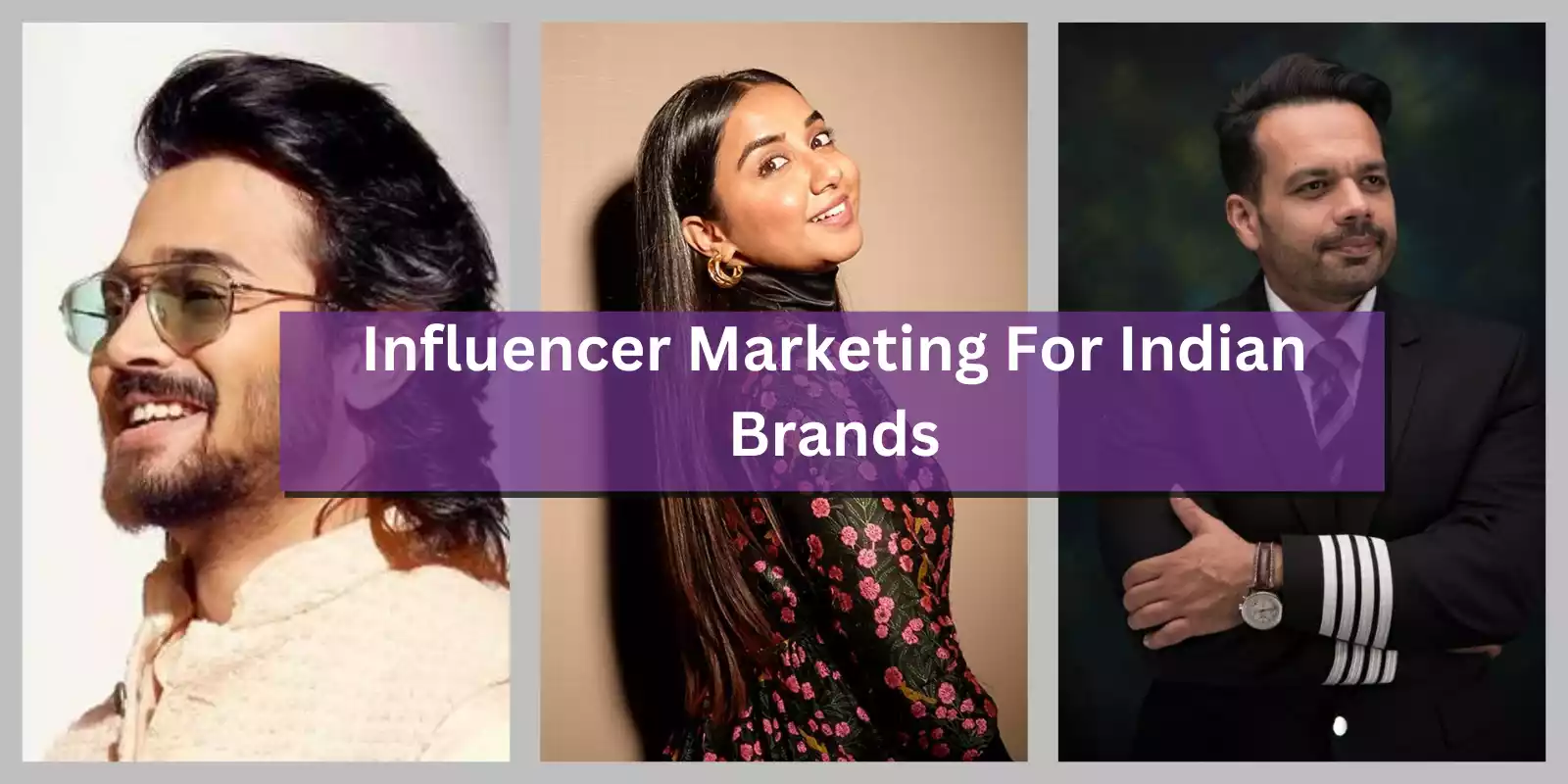


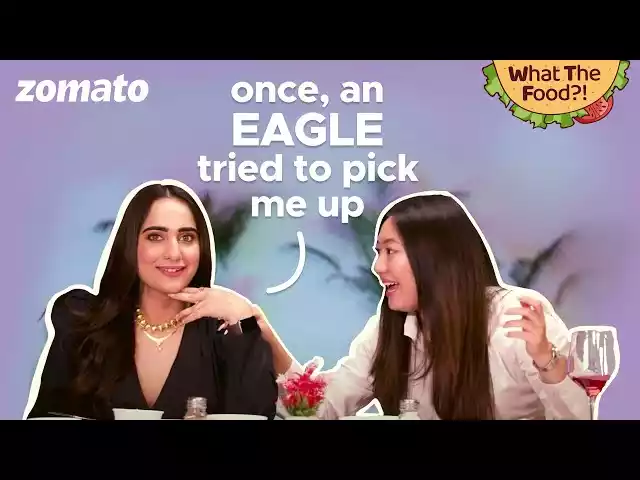
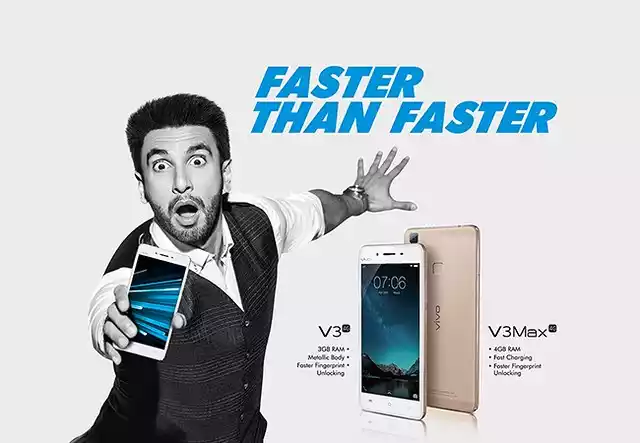
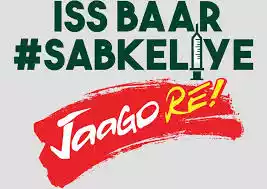
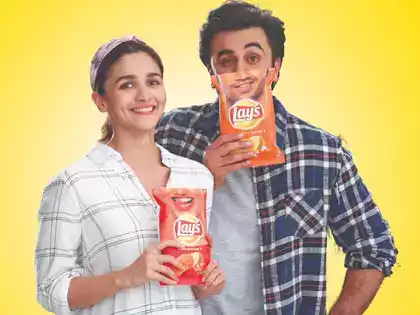


 We now support international payments
We now support international payments
